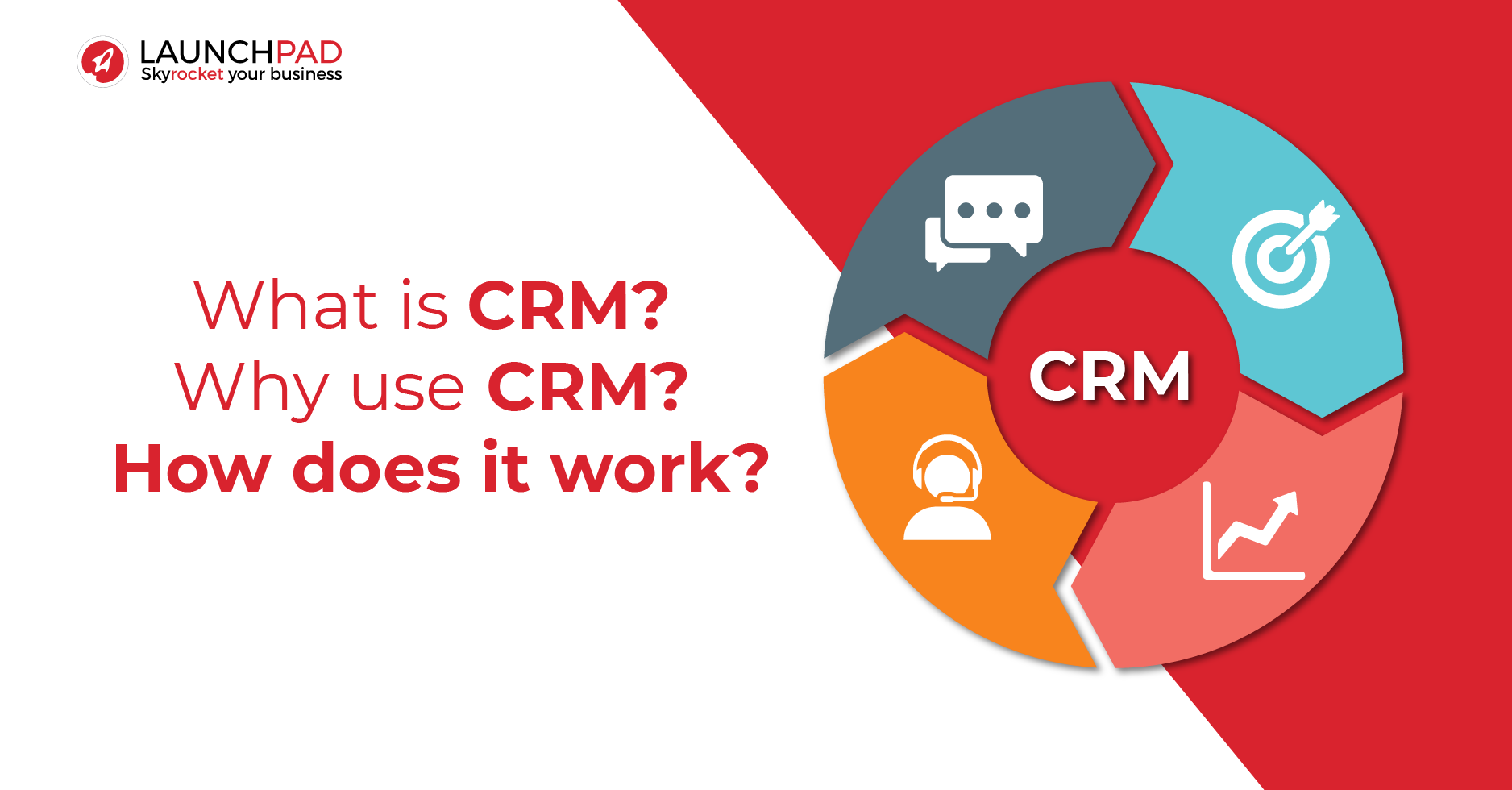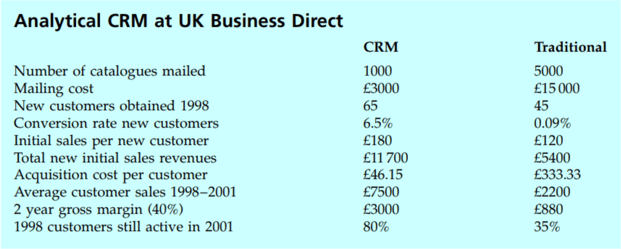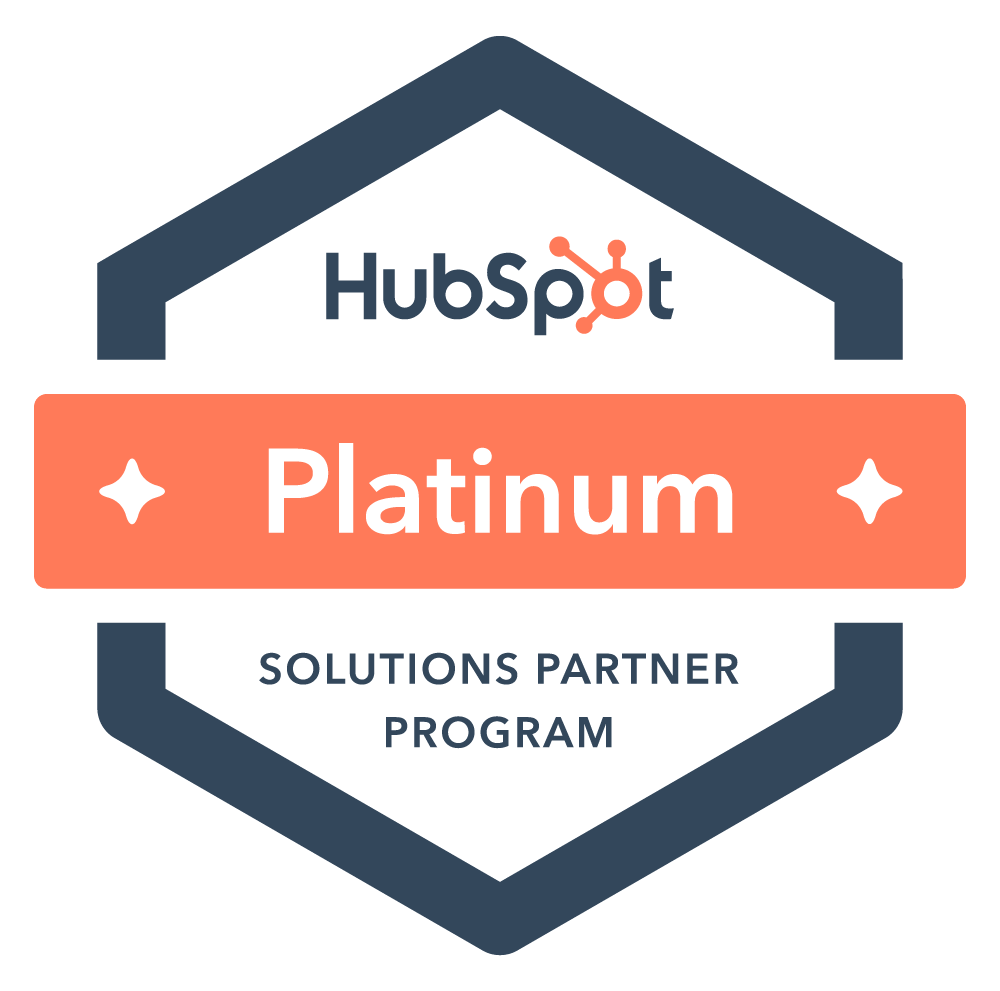
In the marketing industry, customer relationship management (CRM) refers to the software used to manage interactions with customers in the past, present, or future. Knowing your individual customer's behaviours and psychology is a vital part of inbound marketing, and CRM is the tool every marketer should have.
What is the purpose of Customer Relationship Management?
Customer relationship management software (CRM) is used to keep a centralized record of a customer's journey from their first interaction with your business to closing a sale with them and beyond.
CRMs are integral to the inbound methodology.
A few spreadsheets and an approximation of best judgment are not enough to keep track of the hundreds of transactions and interactions between your business and its customers.
Imagine a team of salesmen and saleswomen reporting back to their manager. Each of them produces different reports and have chosen to record different sets of data from one another. The sales manager will have a tough time forecasting his team's sales funnel due to the different sets of data that his team has collected.
A customer relationship management software not only centralizes data management but offers a framework for your business. Did you know that 75% of sales managers state that a CRM helps drive and increase sales? They also say that CRM systems improve customer retention by 27%. You might think a CRM is not for your business, but with numbers like that it may be worth taking a look into, wouldn't it?
Benefits of Customer Relationship Management in Marketing
1. Improved Lead Intelligence
In a perfect world, your database will include every single interaction with all your customers. Presented in a uniform manner that immediately paints a picture of which stage a customer is at in a buyer's journey.We may as well live in that perfect world. A CRM integrated with your company's marketing software enables you and your team to access detailed, real-time lead intelligence all in one place. How much more easier can you make a salesperson's life?A CRM doesn't just help people in sales it also helps your marketing team. A CRM will allow marketers to analyse customers and point the sales team to leads most likely to become customers.
2. Helps Sales Optimize its Pipeline
With the added visibility a CRM provides, the sales and marketing team can identify whom to call first and optimize priorities. Eventually, the marketing team can establish and implement a lead scoring system with the data gained from each interaction. The lead scoring system will enable salespeople to prioritize their best-qualified leads, thus eliminating time spent on the wrong people.
3. Relevant Reporting to Improve Campaigns
CRMs analyse the effectiveness of campaigns using closed-loop reporting. For example, a salesperson can mark a lead that has turned into a paying customer on the CRM, and it will be noted on your company's marketing software as well.
Marketing will then be notified and stop sending that particular person content meant for leads, and send customer-focused information instead.
What are the types of Customer Relationship Management?
There are three different perspectives when it comes to CRM.
Strategic
Strategic CRM views CRM as a core customer-centric business strategy that aims at winning and keeping profitable customers. In total, there are four major business orientations:
Product
Product-oriented businesses believe in providing customers with the best quality, performance, design, and features. Often, very little customer research is done in this orientation resulting in over-engineered products that fail to meet niches.
Production
Production-oriented companies strive to keep costs low. These type of companies work well in developing economies or segments of developed economies. However, the majority of customers require more. For example, BMWs would not attract its market if people thought that the company only sourced for the lowest cost material.
Selling
Businesses with a sales-orientation direction use advertising, selling, PR, and, promotions heavily. Sales orientation usually follows a production orientation.
Customer
A customer-oriented company believes the customers come first. A customer-centric firm adapts to customer needs. Many studies suggest that well-performing businesses are often customer-oriented.
Operational
Operational CRM focuses on automating the customer-facing parts of a business. These aspects are Marketing, Sales, and Service.
Marketing
Marketing automation (MA) offers technological capabilities to the marketing processes. MA software allows:
- Customer segmentation
- Campaign management
- Event-based marketing
Customer segmentation analyses customer data to target communications and offers to specific segments. Some CRMs even make it possible to target at the individual level.
For example, if you sell shoes and find out someone has been checking out a specific product on your site, you could send them a discount offer to push them to take the next step.
Being a centralized database, CRMs makes it easier to coordinate massive campaigns that require multi-person workflow. Not just that but MA audits and analyses campaign performance and directs leads to the next logical step of the buyer's journey.
Event-based marketing also called trigger-based marketing are actions taken in response to customer interaction.
For example, if someone visits a product page about shoelaces for a specific brand of shoes, this is an indication that they are interested in getting new shoelaces. A CRM can automate this event triggering a discount if that person does not buy within 24 hours.
Sales
Sales-force automation (SFA) is the first iteration of CRM. SFA software helps with lead recording and opportunity tracking in real time. SFA enables companies to record leads and track them automatically as they move through the sales pipeline. SFA uses a few tools, opportunity management, contact management, proposal generation, and product configuration.
Opportunity management identifies and progress leads. Lead management applications are used to qualify leads and direct them.
Contact management manages communication programs with customers. Interactions are recorded and added to a database.
Proposal generation automates the production of proposals for customers.
Product configuration is the most useful when offering complex solutions, such as for software where customizations can occur as opposed to buying a product.
Service
Service automation automates service operations. Automations range from call centres, to websites, to face-to-face interactions.
CRMs allow coordination and management of service-related communications across all channels. Many companies use a combination of direct and indirect channels. Indirect channels call for a Partner Relationship Management (PRM) which allows partners to communicate with suppliers through a portal to handle leads, sales orders, product information, and incentives.
Analytical
Analytical CRM focuses on gaining a strategic or tactical purpose by intelligent mining of customer data. Analytical CRM is an essential part of effective CRM implementation.
Utilizing analytical CRM deliver better, more timely, and personal solution to your customer's problems, which enhances customer satisfaction.
Analytical CRM also offers more powerful cross-selling and up-selling.
Francis Buttle, the world's first university professor of CRM, conducted a study on the use of Analytical CRM. The figure below catalogs some of his findings.

Even though the number of catalogs mailed out was five times lesser, the CRM approach acquired:
- A 44% increase in new customers obtained
- A 72 times increase in conversion rate
- A 50% increase in initial sales
- A decrease in acquisition costs by 86%
- A 128% increase in customer retention
Conclusion
So Customer Relationship Management (CRM) is software that centralizes interactions with customers.
These interactions are analysed and used in further and future customer interactions.
A good CRM is a harmonious marriage of Strategic, Operational, and Analytical.
A good CRM should be able to track your leads from their very first interaction with you till far beyond becoming a first-time purchaser. Pushing further, it will allow you to create your buyer persona through analysis.


